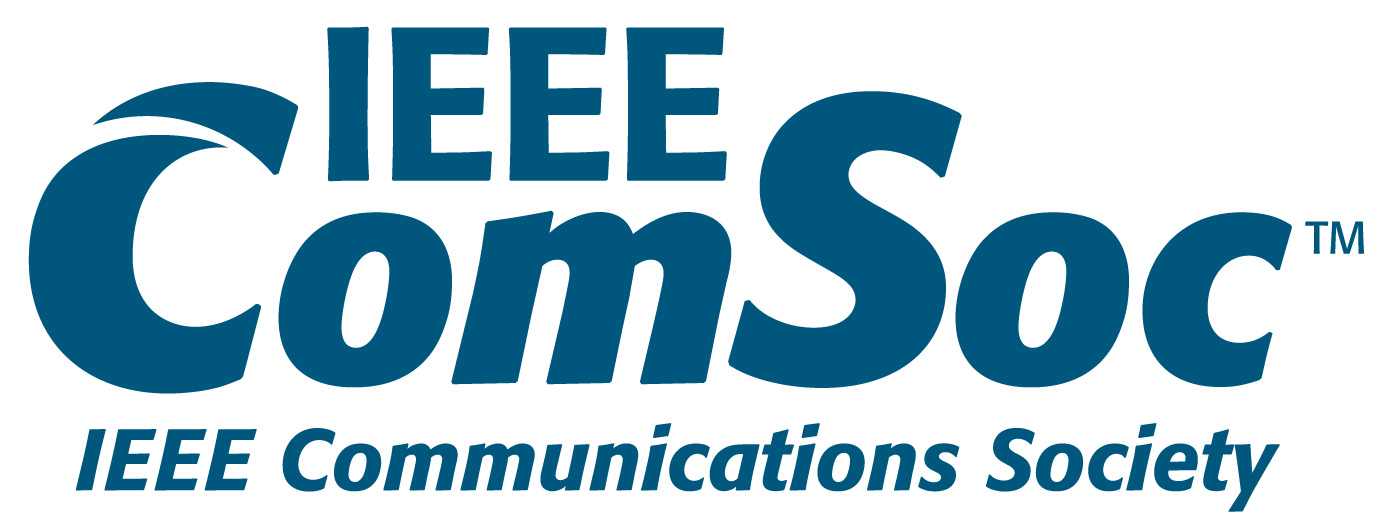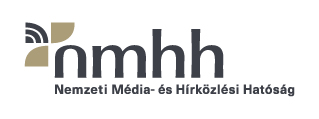Gazi Zahirul Islam and Mohammod Abul Kashem
An OFDMA-based Hybrid MAC Protocol for IEEE 802.11ax
Two types of MAC mechanisms i.e., random access and reservation could be adopted for OFDMA-based wireless LANs. Reservation-based MAC is more appropriate than random access MAC for connection-oriented applications as connectionoriented applications provide strict requirements of traffic demands. On the other hand, random access mechanism is a preferred choice for bursty traffic i.e., data packets which have no fixed pattern and rate. As OFDMA-based wireless networks promise to support heterogeneous applications, researchers assume that applications with and without traffic specifications will coexist. Eventually, OFDMA-based wireless LAN will deploy hybrid MAC mechanisms inheriting traits from random access and reservation. In this article, we design a new MAC protocol which employs one kind of hybrid mechanism that will provide high throughput of data as well as maintains improved fair access policy to the medium among the terminals. The protocol works in two steps, where at step 1 sub-channels are approximately evenly distributed to the terminals and at step 2 terminals within in a subchannel will contend for medium randomly if the total number of terminals of the system is larger than the number of sub-channels. The details of the protocol is illustrated in the paper and we analyze the performance of our OFDMA-based multi-channel hybrid protocol using comprehensive computer simulations. Simulation results validate that our proposed protocol is more robust than the conventional CSMA/CA protocol in terms of throughput, collision reduction and fair access. In addition, the theoretical analysis of the saturation throughput of the protocol is also evaluated using an existing comprehensive model.
Reference:
DOI: 10.36244/ICJ.2019.2.6
Please cite this paper the following way:
Gazi Zahirul Islam and Mohammod Abul Kashem, "An OFDMA-based Hybrid MAC Protocol for IEEE 802.11ax", Infocommunications Journal, Vol. XI, No 2, June 2019, pp. 48-57. DOI: 10.36244/ICJ.2019.2.6




